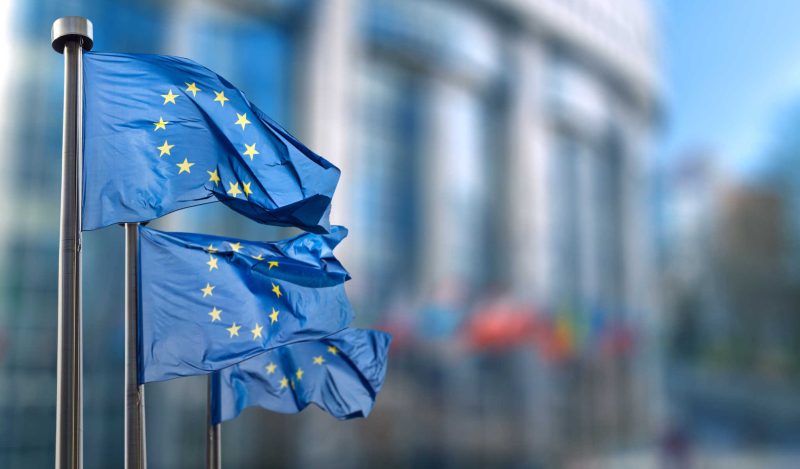by Robert Kogon, Brownstone:

Twitter is obviously at the center of what is commonly known as “Big Tech censorship.” It has been busily using the censorship tools at its disposal – from removing or quarantining tweets to surreptitiously “deboosting” them (shadow-banning) to outright account suspension – for at least two years now. And those who have managed to remain on the platform will have noticed a sharp upturn in its censorship activities starting last summer.
TRUTH LIVES on at https://sgtreport.tv/
For most of this time, the main focus of Twitter censorship has, of course, been supposed “Covid-19 disinformation.” By now, almost all the most influential advocates of early treatment or critics of Covid-19 vaccines on Twitter have had their accounts suspended, and most have not made it back.
The list of the permanently suspended includes such prominent voices as Robert Malone, Steve Kirsch, Daniel Horowitz, Nick Hudson, Anthony Hinton, Jessica Rose, Naomi Wolf, and, most recently, Peter McCullough.
And myriad smaller accounts have met the same fate for committing such thought crimes as suggesting that the myocarditis risk of both mRNA vaccines (Moderna and BioNTech/Pfizer) outstrips any benefit or pointing to mRNA instability and its unknown consequences for safety and efficacy.
But why in the world would Twitter censor such content? The expression “Big Tech censorship” implies that Twitter et al. are censoring of their own accord, which invariably elicits the retort that, well, they are private companies, so they can do what they want. But why would they want to?
The notion that it is because the denizens of Silicon Valley are “leftists” or “liberals” is clearly not very helpful. They may well be. But whether mRNA vaccines are safe and effective, as advertised, is a factual matter, not an ideological one. And, in any case, the purpose of private for-profit corporations is, needless to say, to make a profit. The motto of the shareholder is not “Workers of the World Unite!” but “Pecunia non olet:” money doesn’t stink. Shareholders expect management to create value, not destroy it.
But what Twitter is doing by censoring is precisely subverting its own business model, thus undermining profitability and putting downward pressure on share price. Free speech is obviously the lifeblood of every social media. Censored speech – like the tweets of a Robert Malone or a Peter McCullough or, for that matter, a Donald Trump – translates into lost traffic for the platform. And traffic is, of course, the key to monetizing unrestricted online content.
We could call this the “Twitter conundrum.” On the one hand, there is no way that Twitter could possibly “want” to censor Covid dissident voices, or indeed any voices, and thus restrict its own traffic. But, on the other hand, if it fails to do so, it risks incurring massive fines of up to 6% of turnover, which would likely represent a deathblow to a company that already has not turned a profit since 2019. Twitter, in effect, has a financial gun to its head: censor or else.
Wait, what? There has been much talk recently of the Biden administration exerting informal pressure on Twitter and other social media to censor unwelcome content and voices, and lawsuits have even been launched against the government for infringing the alleged victims’ 1st Amendment rights. But all that such pressure appears thus far to have consisted of are some chummy nudges in emails.
There has surely not been any threat of fines. How could there be without a law authorizing the executive branch to impose them? And such a law would be blatantly unconstitutional, since precisely what the 1st Amendment states concerning freedom of speech is that “Congress shall make no law…abridging” it.
But there’s the rub. Congress, needless to say, has not made any such law. But what if a foreign power made such a law and it de facto abridged the freedom of speech also of Americans?
Unbeknownst to most Americans, this has in fact occurred and their 1st Amendment rights are being vitiated, namely, by the European Union. There is a financial gun pointed at Twitter. But it is not the Biden administration, but rather the European Commission, under the leadership of Commission president Ursula von der Leyen, that has its finger on the trigger.
The law in question is the EU’s Digital Services Act (DSA), which was passed by the European Parliament last July 5 amidst almost total indifference – in Europe as much as in the United States – despite its momentous and disastrous implications for freedom of speech worldwide.



